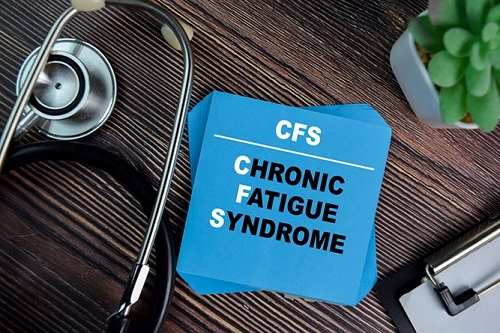Millions of Americans Struggle with Chronic Fatigue Syndrome: CDC Report

Millions of Americans are suffering from chronic fatigue syndrome (CFS), also known as myalgic encephalomyelitis (ME/CFS). A new report from the Centers for Disease Control and Prevention (CDC) estimates that approximately 3.3 million adults in the United States are living with this debilitating condition.
What is CFS/ME?
CFS/ME is a complex illness characterized by extreme fatigue that is not relieved by rest and does not have a clear medical cause. Symptoms can include:
- Extreme fatigue that lasts for at least six months
- Post-exertional malaise (PEM): Worsening of symptoms after physical or mental exertion
- Sleep problems
- Brain fog (difficulty thinking or concentrating)
- Pain
- Muscle weakness
- Headaches
- Sore throat
- Swollen lymph nodes
- Irritable bowel syndrome
Who is affected?
Anyone can develop CFS/ME, but it is more common in women and people between the ages of 20 and 50. The exact cause of the condition is unknown, but it is thought to be a combination of factors, including:
- Viral infections
- Immune system dysfunction
- Hormonal imbalances
- Psychological stress
Challenges in diagnosis and treatment
CFS/ME can be difficult to diagnose because there is no single test for the condition. Symptoms can vary widely from person to person, making it difficult to determine the best course of treatment.
Currently, there is no cure for CFS/ME. However, there are treatments that can help manage symptoms and improve quality of life. These treatments may include:
- Lifestyle changes, such as getting enough sleep and regular exercise
- Cognitive behavioral therapy
- Medications
- Physical therapy
Living with CFS/ME
Living with CFS/ME can be challenging. However, there are things you can do to manage the condition and improve your quality of life. Here are some resources that can help:
- The National Chronic Fatigue Syndrome Association: https://mecfs.rti.org/
- The ME/CFS International Collaborative: https://mecfs.rti.org/
- The Centers for Disease Control and Prevention: https://www.cdc.gov/me-cfs/healthcare-providers/index.html
With more research and awareness, we can help those living with CFS/ME live healthier and happier lives.








